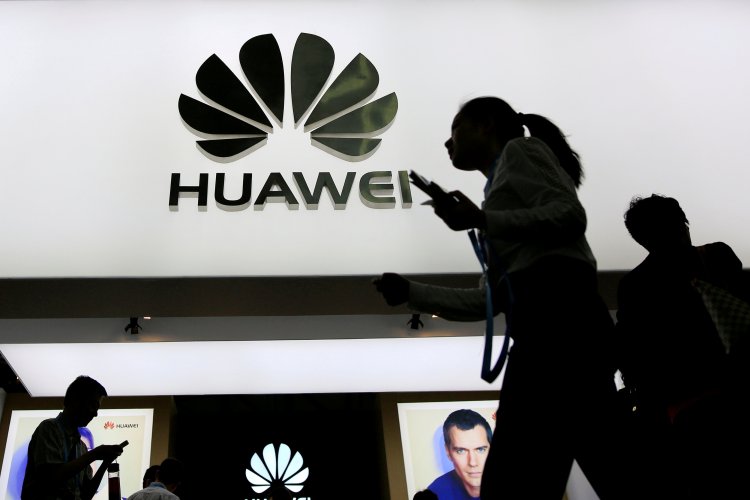Less than a month after Huawei narrowed its 5G ambitions in New Zealand by offering to supply carrier Spark with basic 5G radio transmitters rather than “core” networking hardware, New Zealand has blocked the company’s bid on national security grounds — but left the door open for further discussion. Now Huawei is attempting to determine what led to the decision, which comes after the U.S. and Australia more comprehensively banned Huawei 5G networking gear.
New Zealand’s decision to stop Spark from using Huawei 5G hardware appears to be narrower and different from other countries’ bans, though its rationale is presently somewhat cloudy. Speaking on national radio, New Zealand’s Government Communications Security Bureau (GCSB) minister Andrew Little specifically downplayed the suggestion that the decision was an issue with China, or Huawei, in particular.
“It’s not about the country, it’s not even particularly about the company, it’s about the technology that is proposed,” Little said (via ChannelNewsAsia). “I can say with considerable confidence that there’s been no representations made to the GCSB from Australia, from the United States, from anywhere, about how it should go about making its decision.”
New Zealand is proceeding cautiously with its decision, as the country depends heavily on its economic relationship with China — Huawei’s largest supporter. The countries do around $18 billion in annual import-export business, enough to make China the smaller country’s largest trading partner. By comparison, the United States and China exchange around $3.5 trillion in goods each year, but the U.S. is currently treating the relationship as adversarial and lobbying multiple countries to avoid Huawei products.
June 5th: The AI Audit in NYC
Join us next week in NYC to engage with top executive leaders, delving into strategies for auditing AI models to ensure fairness, optimal performance, and ethical compliance across diverse organizations. Secure your attendance for this exclusive invite-only event.
Though Little cited “classified information” in refusing to discuss the country’s specific national security concerns, the issue appears to be the potential for disruption of core network functionality by radio hardware at the 5G network’s edge. While Spark proposed using Huawei gear solely for radio transmissions at its network’s edge, there are concerns that edge hardware will play a larger role in the 5G era than in 3G and 4G networks, and could possibly jeopardize overall network security.
Rather than blocking Huawei altogether, New Zealand directed Spark to consult the GCSB to see if there was a way to reduce risks involved in working with the company — a measure Huawei now seeks to understand. According to Reuters, Huawei’s New Zealand office is urgently seeking a meeting with the government, saying it would “welcome the opportunity to actively address any concerns and work together to find a way forward.”

